This month’s submissions explore when to persevere towards your dreams and when it’s smarter to let go and surrender into the flow of life and the universe around you. When to grasp and catch, and when and how to gracefully release expectations.
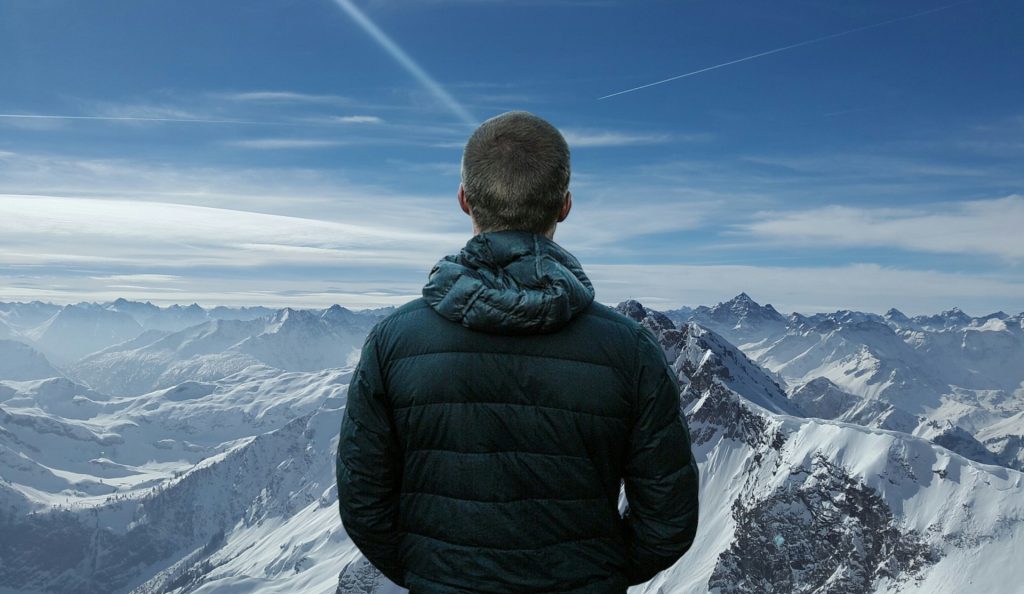
Emerging Uzbek educator and writer Qurbonova Gulsanam highlights the need to focus on your goals to achieve your dreams. Sherova Orzigul Alisher relates her excitement over the recent development and hopeful future of Uzbekistan while Iroda Bakhronova outlines her personal efforts to build up her country.
Alisherova Dilshoda writes of her dedication to making her dreams come true in the educational field, and also of the importance of learning from books.
Chimezie Ihekuna offers up guidelines on how to become a published author while Yodgorova Billurabonu Shuhrat catalogs developments in the art of translation over the years. Beknazarova Ayganim appreciates the simple joy of reading while Olimova Zarina Ahadovna addresses the value of Braille lettering for the blind. Ravshanbekova Asalkhon shares concerns about kids and screen time and encourages parents to read with their children.
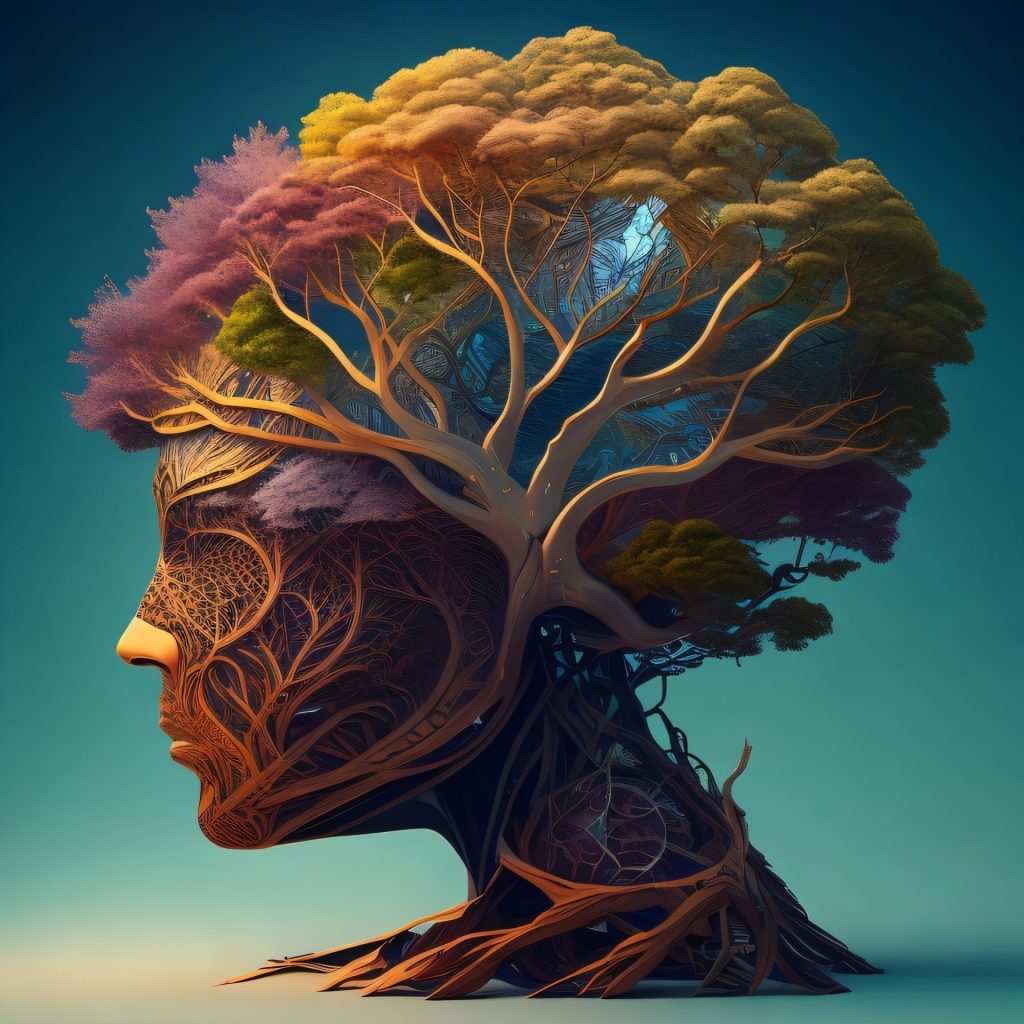
Aziza Mamayusupovna Kosimova revels in the power of imagination and poetry to lift us beyond our ordinary lives into heroism. Davron Yu and Zarina Abdulina offer up praise for their personal heroes, mothers and teachers. Munnavar Boltayeva reflects on how her mother’s love can carry her through hard times, past and present.
Mekhriniso Ergashova expresses her determination to work hard towards success, while Gulsevar Xojamova speaks of her resolve to treat her Uzbek motherland with respect. Farangiz Safarova contributes a short essay on the need to move past and not be defined by one’s mistakes.
Mamatkasimova Sitora shares her story of pride in overcoming obstacles to gain her education.
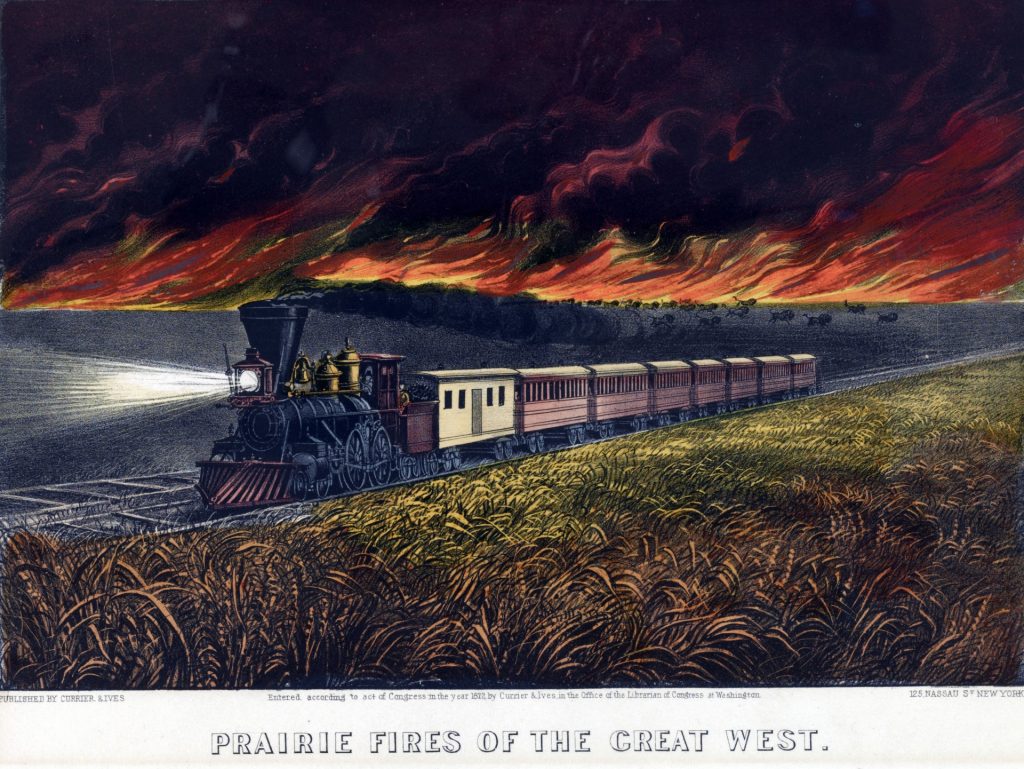
Sandro Piedrahita offers up a tale of a falsely accused priest who finds vindication at long last. Jeff Rasley’s excerpt from Bringing Progress to Paradise relates how a dangerous avalanche kicks off a story of international friendship.
Stephen Williams creates a train voyage as a metaphor for a society heading the wrong way, with a hero who stops in the tracks to let people disembark.
Jim Meirose’s surreal story illustrates a somewhat-hero who survives a fall by drinking, partying, and not taking life too seriously.
Guzal Sunnatova’s poem presents joy resurfacing after trauma. While she finds that possible relatively soon, some traumas take longer to process.
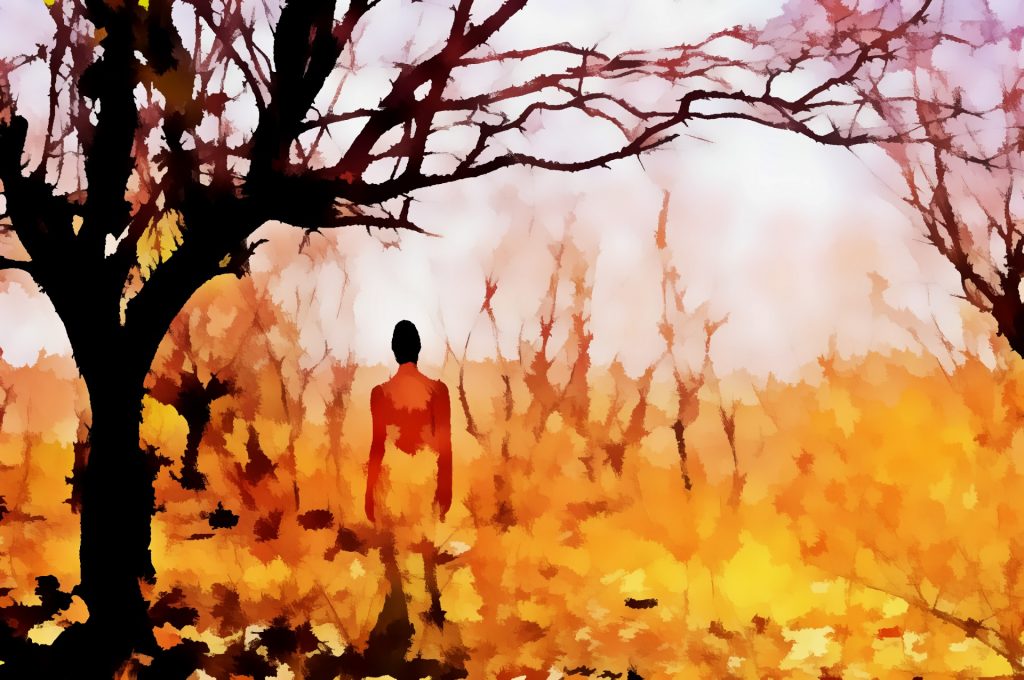
Taylor Dibbert‘s poetic speaker grieves the loss of his beloved dog. Erkin Vohidov speaks to his homesickness for his native land of Uzbekistan.
Mykyta Ryzhykh renders up a surreal synthesis of the desolation and many losses of wartime while Ahmad Al-Khatat depicts the slow inner death of losing one’s home and memories as a refugee.
Mesfakus Salahin offers a romanticized ode to unrequited love among the desert stones of the Sahara. J.J. Campbell probes midlife loss and the desire to pass away on his own terms. Azemina Krehic recollects the tragedy of a misunderstood quest for simple personal freedom.
Emina Delilovic-Kevric explores loneliness through a dream scene revealing the strange companions the mind can find when it wanders alone. Lindsey White develops the gradual buildup of tension in a family, physical and emotional, during a dinner table scene. Teya Cooksey – Voytenko crates a scene where childhood joy and freedom is interrupted by the memory of adult tension.

Jaylan Salah revisits the 2015 film Sicario and looks at how the main character seeks and struggles to maintain her moral footing when faced with chaos and hard choices.
Dan Cuddy’s poetry speaks to how war catches ordinary people up in evil, how the tides of history pass and leave ordinary life in their wake.
Other contributors encourage caution and grace in our vast world, finding peace along the journey rather than seizing the day.
Jake Cosmos Aller explores the impact of our loss of our concept of God and the transcendent. Tuyet Van Do shares her concerns over humans’ going too far and messing with nature beyond our capacity to understand it.
Z.I. Mahmud’s examination of Macbeth’s character arc urges caution over our pursuit of our “vaulting ambition” at the expense of morality and humanity.
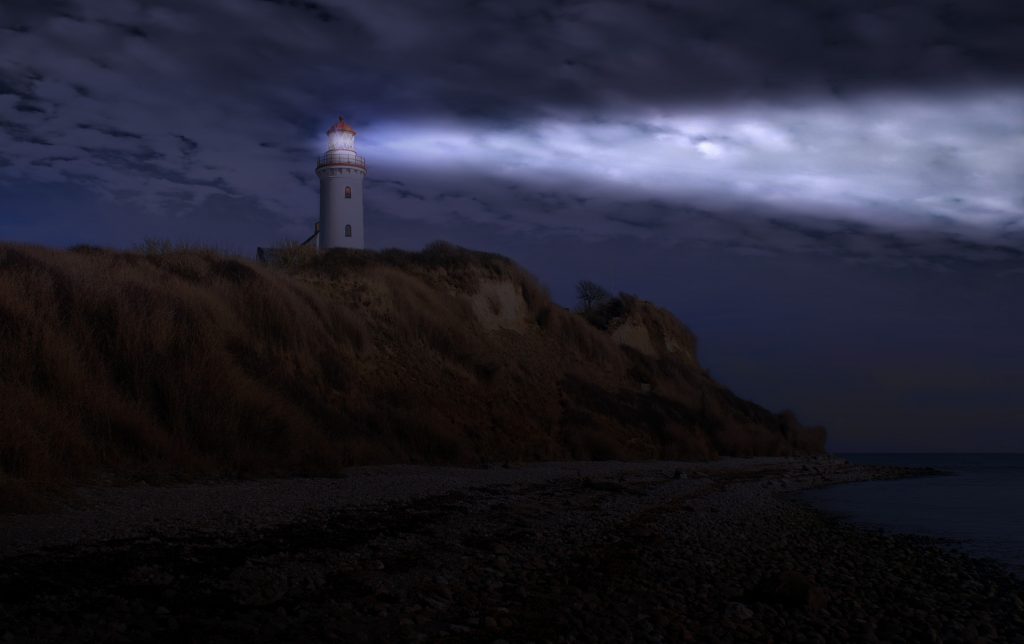
Robert Fleming sends in an abstract mashup of images and questions and words, probing how much we can ever really understand about our world. The strangely angled images of power plants and the questions superimposed over the Alexa device suggest thoughts similar to Van Do’s.
Christopher Bernard reviews Cal Performances’ recent production of Michel van der Aa’s opera Blank Out, which questions the power of our memories in light of great past tragedy.
Kang Byeong Chen speaks to the gentle power of nature, patience and perseverance, working with the rhythm of nature and not fighting it. Graciela Noemi Villaverde remembers in a crisis to stop and consider life’s natural beauty and let the waves of intense emotion pass over her. Maja Milojkovic reflects on ways she lost and found her true self through searching, contemplation and prayer. Elmaya Jabbarova describes ecstatic communion with the divine, her source of being and inspiration.
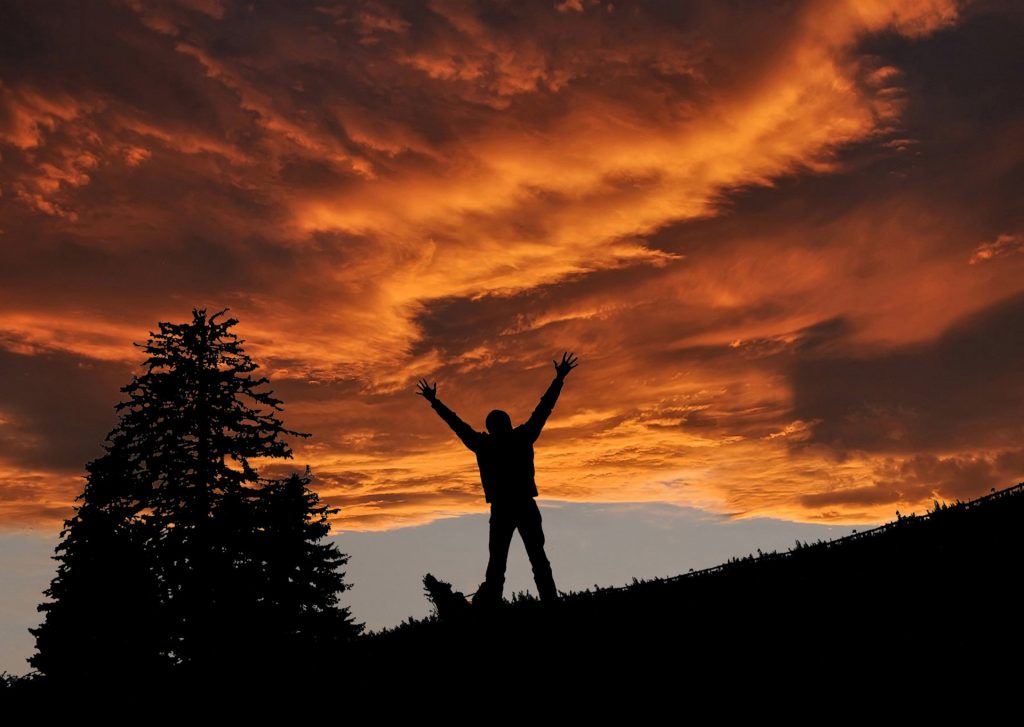
Robiul Awal Esa relates a tale of how life catches up to a petty person and shows him the error of his ways, giving him a chance to make amends.
David Woodward seeks and finds the transcendent in ordinary life at all scales and sizes, a lesson he learns during shelter-in-place. Alan Catlin’s lists and fragments of ideas add up to a kind of meaning, subtle yet deep.
Kushal Poddar intertwines motifs from the natural world out his window together with those from his imagination to create a reflective, domestic atmosphere. Mark Young’s poems also invite reflection, crafted through a technical process that results in often-incongruous work that subverts reader expectations.
Russell Streur invites the reader to pause to consider various elements of nature through elegant translations of famous Japanese haikus grouped into themes. Maurizio Brancaleoni’s original Italian haikus are all dedicated to the contemplative majesty of organ music.
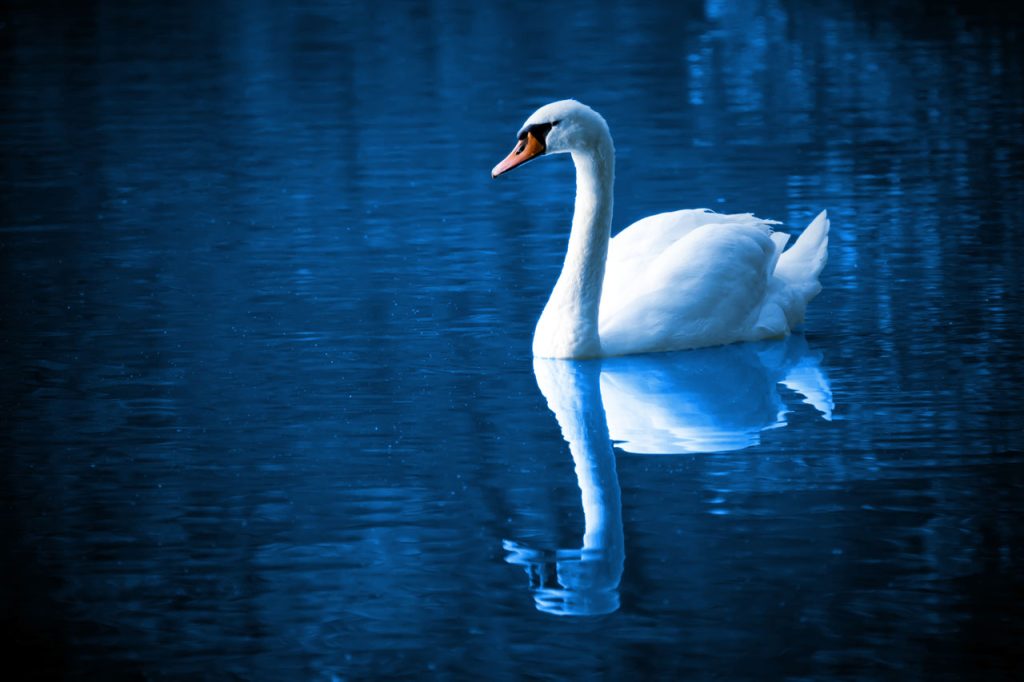
John Culp writes of the timelessness and constant presence of love. Allison Grayhurst evokes a sense of spiritual communion, as people realize they already have what they need most.
Finally, Channie Greenberg encourages us to peruse the different textures and shapes of leaves in her photographs, while Mahbub Alam shares his calm speculations on the evening flight of birds and Don Bormon celebrates the beauty and usefulness of rivers.
